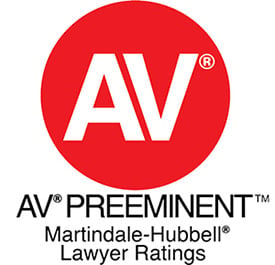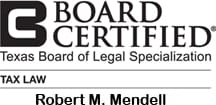How Are Limited Liability Companies Dissolved?
Limited liability companies (LLCs) can be dissolved according to statute, the LLC operating agreement or judicial order in most states. Some states require that an LLC state a specific time of duration in the articles of organization, and sometimes it is sufficient if the duration is specified in the operating agreement. A court can also order dissolution depending on the circumstances.
Other events may also trigger dissolution. Many state statutes provide that LLCs are dissolved when a member leaves because of death, retirement, resignation, expulsion, bankruptcy or for certain other reasons. But dissolution does not necessarily have to occur if a member’s interests are transferred to another.
What procedural steps are involved in LLC dissolution?
To dissolve a limited liability company (sometimes referred to as a limited liability corporation), the LLC’s members must take several steps before business can formally conclude. First, the members must take formal action to dissolve, such as a meeting or written memoranda indicating an agreement to dissolve. Next, some states require filing of articles of dissolution before a business begins to wind up affairs. Some states require filing articles of dissolution after this process concludes.
Dissolving businesses must also deal with the tax consequences. These businesses must file an annual federal tax return for the final year of business. They must also file employment tax forms, make the tax withholdings for payroll and distribute final wage statements to employees. Taxes must be paid for sales and exchanges of company assets as well.
As the business winds up, the assets will be accounted for and sold. The LLC’s creditors must be given notice of the dissolution and an opportunity to collect on their claims. LLCs must also notify unknown creditors of dissolution. This can usually be accomplished by publication of notice in certain newspapers, although states can differ on this requirement as well. LLCs will account for, process and pay creditors’ claims with company assets. The remainder of company assets, if any, can be liquidated and distributed to the members.
Once the LLC has wound up its affairs and filed a statement with the state authority that created the LLC, the LLC has been terminated, although some state require a certificate of termination from the state authority to officially end the LLC.
What happens if a creditor tries to collect after an LLC is terminated?
If a creditor of the LLC seeks collection on a debt after the LLC has terminated existence, payment may depend on whether the creditor knew that the LLC was dissolving. Known creditors must be given notice of dissolution and a deadline for creditor claims. If a creditor that knew of a dissolution failed to comply with the notice, its claim would probably be barred.
Creditors that were unknown to the members of the LLC at the time of dissolution probably have a better case to obtain payment in most states. When a court supervises the winding up of the business, it will likely provide for unknown creditors’ claims. When a court does not supervise the process, most states require an LLC to provide for potential obligations it can foresee in the future. If an unknown creditor appears on the scene after an LLC dissolution, the creditor may be able seek to have the LLC’s termination cancelled to obtain payment from the members of the LLC.
Copyright © 2008 FindLaw, a Thomson Reuters business
DISCLAIMER: This site and any information contained herein are intended for informational purposes only and should not be construed as legal advice. Seek competent counsel for advice on any legal matter.



